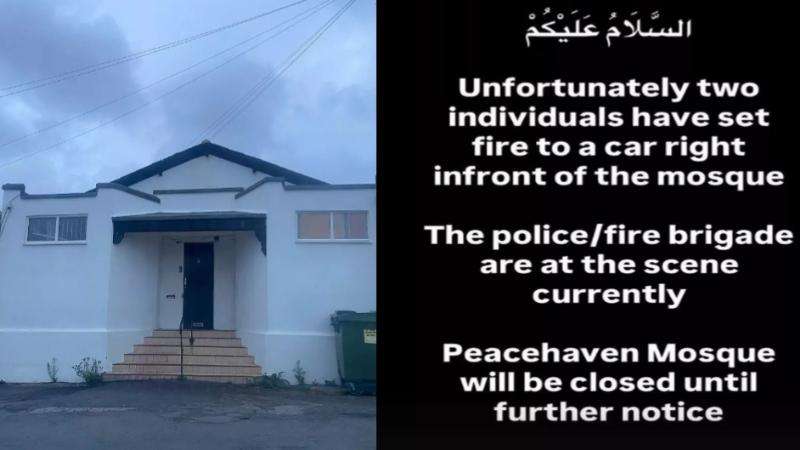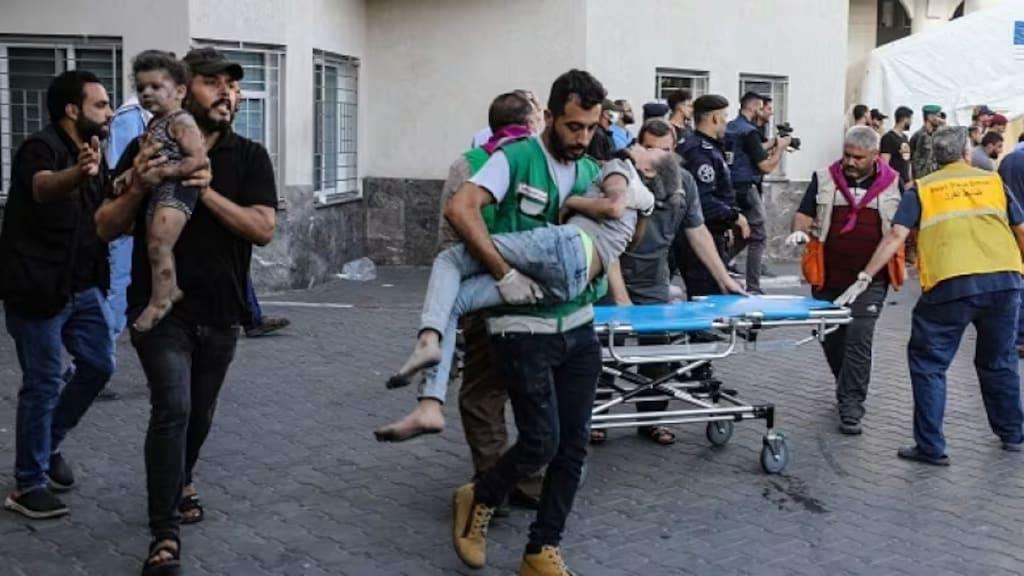British doctors who served in Gaza during the war have issued grave warnings about the long-term health crisis facing Palestinian civilians, predicting a continued rise in fatalities.
The widespread destruction of hospitals, loss of medical professionals, and severe malnutrition have created conditions where mortality rates in Gaza will remain high even after Israeli attacks have ceased.
Professor Ghassan Abu-Sittah, a British-Palestinian reconstructive surgeon who worked at al-Shifa and al-Ahli Arab hospitals early in the war, reported that malnutrition levels were so severe that many children would suffer lifelong health consequences.
Estimates suggest that the total number of deaths from the war could reach 186,000—nearly four times the 46,700 fatalities reported by Gaza’s Hamas-run health ministry.
Retired British transplant surgeon Prof. Nizam Mamode, who worked at Nasser Hospital in southern Gaza, warned that deaths from indirect causes could surpass 186,000. He highlighted the targeted attacks on healthcare workers, noting that of six vascular surgeons in northern Gaza, only one remained, and there were no surviving cancer pathologists.
Abu-Sittah emphasized that entire medical specialties had been wiped out, with no nephrologists or board-certified emergency medicine physicians left in Gaza. Rebuilding the healthcare system could take up to a decade, he said.
The long-term health outlook for Gaza's population hinges on the speed of reconstruction. Thousands of Palestinians who returned to northern Gaza after Israeli troop withdrawals found the area in ruins, raising concerns about the ability to house and support returning doctors and their families.
The war’s impact on children is particularly alarming. Studies of World War II survivors indicate that childhood malnutrition increases the likelihood of developing non-communicable diseases (NCDs) such as diabetes and hypertension in adulthood. The UN has estimated that over 60,000 children in Gaza will require treatment for acute malnutrition in 2025, with some already succumbing to its effects.
Infectious diseases are another major concern due to the destruction of sanitation infrastructure. Abu-Sittah, who has provided testimony to Scotland Yard and the International Criminal Court, described the disease outbreak in Gaza as catastrophic, citing hepatitis, diarrheal illnesses, respiratory infections, and even polio. He also warned of the rise in antibiotic-resistant bacteria, recounting cases where multiple patients had infections resistant to treatment.
Beyond the immediate crisis, the doctors stressed that the war’s long-term medical impact would last for generations. At least 13,000 Gazans urgently require surgical procedures for war-related injuries, stretching an already devastated healthcare system.
Mamode and Abu-Sittah also highlighted the psychological toll of the war. Mamode, who testified before the British Parliament’s international development committee, noted that many of the injured were children, with up to 70% of his surgical patients being minors.
Abu-Sittah, who has worked in multiple war zones including Iraq, Lebanon, Syria, and Yemen, said he had never performed as many daily amputations as he did in Gaza.
Mamode further warned that the mental health crisis in Gaza would intensify in the coming months as people shift from survival mode to processing their trauma.
A spokesperson for the Israeli Defense Forces (IDF) reiterated accusations that Hamas uses hospitals for military operations, stating that such actions could remove their protection under international law.
_6.jpg)
_5.jpg)
_6.jpg)
_7.jpg)




.svg)


